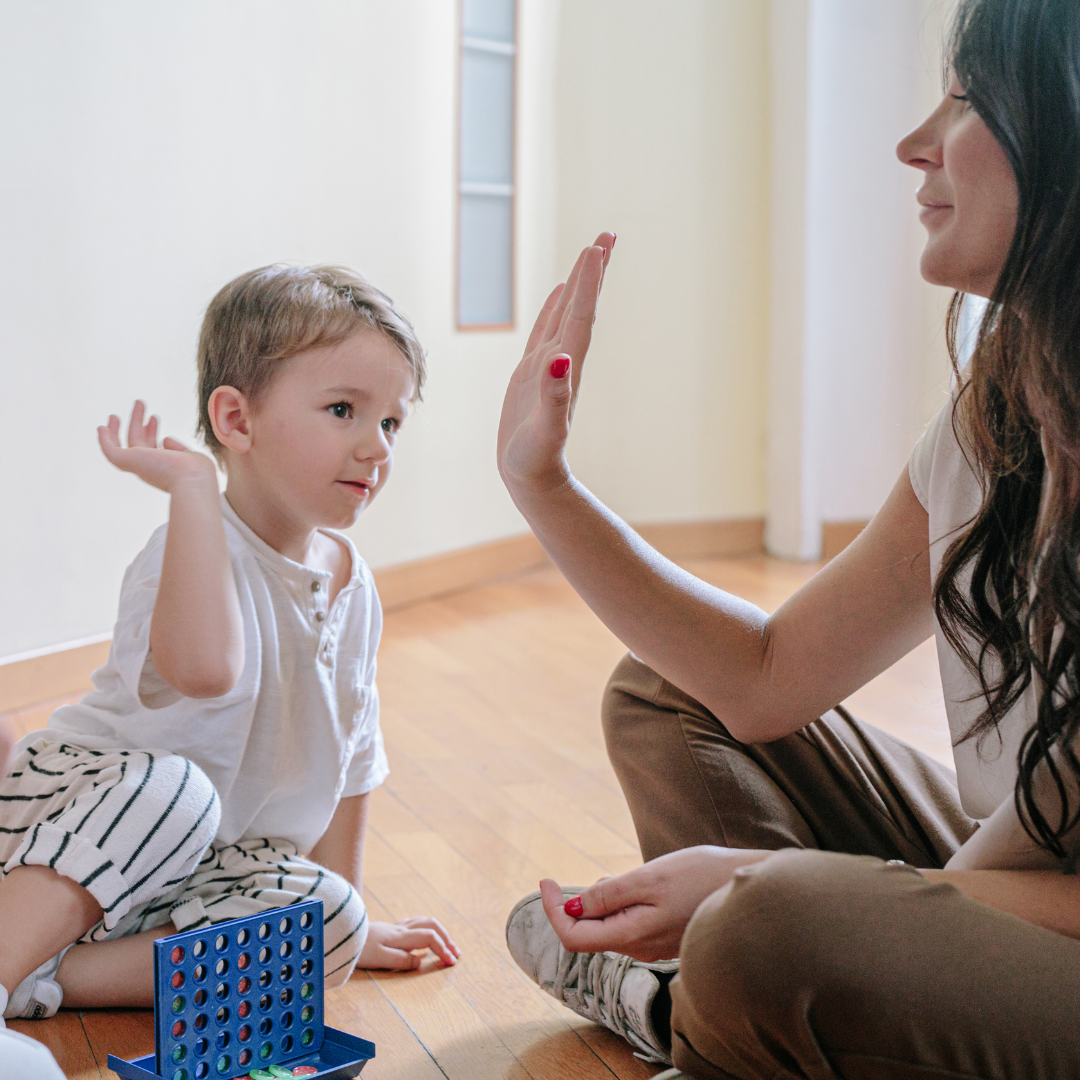Depression is often perceived as an adult issue, but it affects children too. While kids may not have the same life stressors as adults, they face unique challenges that can deeply impact their mental health. Understanding depression in children is crucial for parents, caregivers, and educators to provide the support they need to thrive.
What Is Childhood Depression?
Childhood depression is more than just occasional sadness or a bad mood. It is a persistent state of sadness, hopelessness, or lack of interest in activities that were once enjoyable. It can interfere with a child’s daily life, including school, relationships, and physical health. Unlike adults, children may struggle to express their emotions or understand what they are feeling, making depression harder to identify.
Signs and Symptoms
The symptoms of depression in children can vary, but common signs include:
• Emotional Symptoms: Persistent sadness, irritability, feelings of worthlessness, or guilt. Children might also express a sense of hopelessness or cry frequently.
• Behavioral Changes: Loss of interest in hobbies or play, withdrawing from family and friends, or changes in school performance.
• Physical Symptoms: Fatigue, changes in appetite, unexplained aches or pains, and sleep disturbances.
• Risky or Self-Harming Behaviors: In severe cases, children might engage in risky behavior or talk about death and suicide.
Causes of Depression in Children
Depression in children can arise from a combination of factors:
1. Biological Factors: A family history of depression or other mental health conditions can increase the risk. Neurochemical imbalances in the brain also play a role.
2. Environmental Stressors: Bullying, academic pressure, parental conflict, or traumatic experiences such as divorce, abuse, or loss of a loved one can trigger depression.
3. Social Challenges: Difficulty making friends, loneliness, or feeling different from peers can also contribute.
4. Chronic Illness: Physical health issues like asthma or diabetes may lead to emotional distress and feelings of isolation.
The Impact of Untreated Depression
Untreated depression can have lasting effects on a child’s development and well-being. It can lead to academic struggles, strained relationships, low self-esteem, and an increased risk of substance abuse or self-harm later in life. Early intervention is essential to prevent these long-term consequences.
Diagnosing Depression in Children
Diagnosing depression in children requires a careful evaluation by a mental health professional. This typically involves interviews with the child, parents, and teachers, as well as standardized questionnaires. Since symptoms can sometimes overlap with other conditions like anxiety, ADHD, or learning disabilities, a thorough assessment is crucial.
How to Help a Depressed Child
1. Seek Professional Help: A therapist or counselor can provide tailored strategies to help your child cope. In some cases, medication may be recommended.
2. Encourage Open Communication: Create a safe space for your child to express their feelings. Let them know that it’s okay to feel sad and that you’re there to support them.
3. Promote Healthy Habits: A balanced diet, regular physical activity, and adequate sleep are essential for mental health.
4. Foster Connections: Encourage friendships and activities that help your child feel connected to others.
5. Limit Stress: Help your child manage schoolwork, extracurricular activities, and other responsibilities to prevent burnout.
6. Monitor Screen Time: Excessive use of social media or exposure to harmful content can exacerbate feelings of inadequacy or isolation.
The Role of Schools and Communities
Schools play a vital role in identifying and supporting children with depression. Teachers and school counselors should be trained to recognize the warning signs and provide accommodations, such as reduced workloads or counseling sessions. Communities can also contribute by promoting mental health awareness and reducing the stigma associated with seeking help.
Conclusion
Depression in children is a serious but manageable condition. With early detection, professional support, and a nurturing environment, children can overcome depression and lead fulfilling lives. It is the collective responsibility of parents, educators, and society to ensure that every child’s mental health is a priority. By addressing depression early, we can lay the foundation for a brighter, healthier future.




